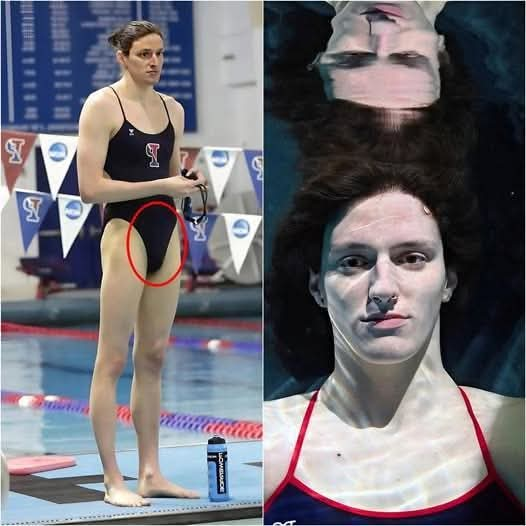The sporting world faces renewed debate after the Court of Arbitration for Sport rejected Lia Thomas’ challenge to World Aquatics’ transgender participation rules. The decision confirms the swimmer’s ineligibility for the 2025 Olympics, upholding policies that restrict transgender women from female competitions if they experienced male puberty. For Thomas, whose 2022 NCAA victory thrust her into the center of sports’ gender identity controversy, the ruling marks the likely end of her elite swimming career.

The case highlights the complex balance sports organizations attempt between inclusion and competitive fairness. World Aquatics maintains its policy protects women’s sports while offering an “open” category for transgender athletes – though few have participated. Critics argue such compromises still marginalize transgender competitors. “This isn’t about fairness – it’s about exclusion,” said one LGBTQ+ advocacy group spokesperson.


As similar policies spread across track, cycling and other sports, the Thomas ruling sets a precedent likely to influence future cases. With scientific understanding of gender and athletic performance still evolving, the decision leaves unanswered questions about how sports can equitably include all athletes while maintaining competitive integrity at elite levels.


